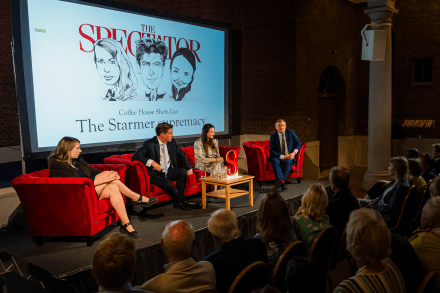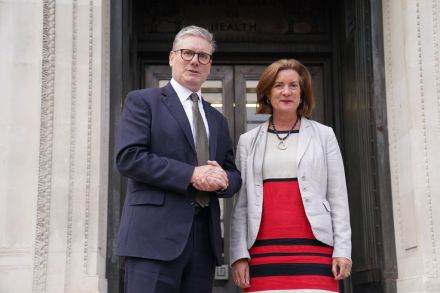Could the local elections be cancelled?
14 min listen
Labour will reveal plans today to re-design local government, with district councils set to be abolished, and more elected mayors introduced across England. The plans could be the biggest reforms of their type since the 1970s, but with the May 2025 local elections set to be Labour’s first big electoral test since the general election, how will they be impacted? Local government minister Jim McMahon didn’t deny that the elections could be affected, or some even cancelled. Reform UK have called foul – what’s going on? James Heale speaks to Isabel Hardman and Katy Balls. Also on the podcast: rumours abound that a Chinese spy could be named in Parliament

























